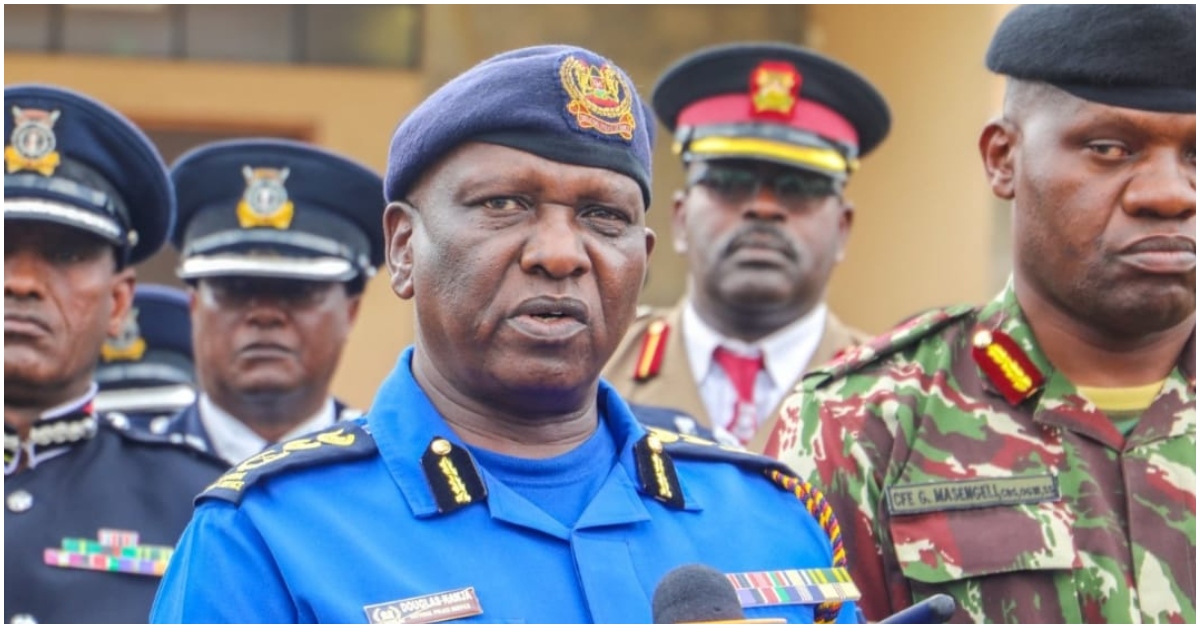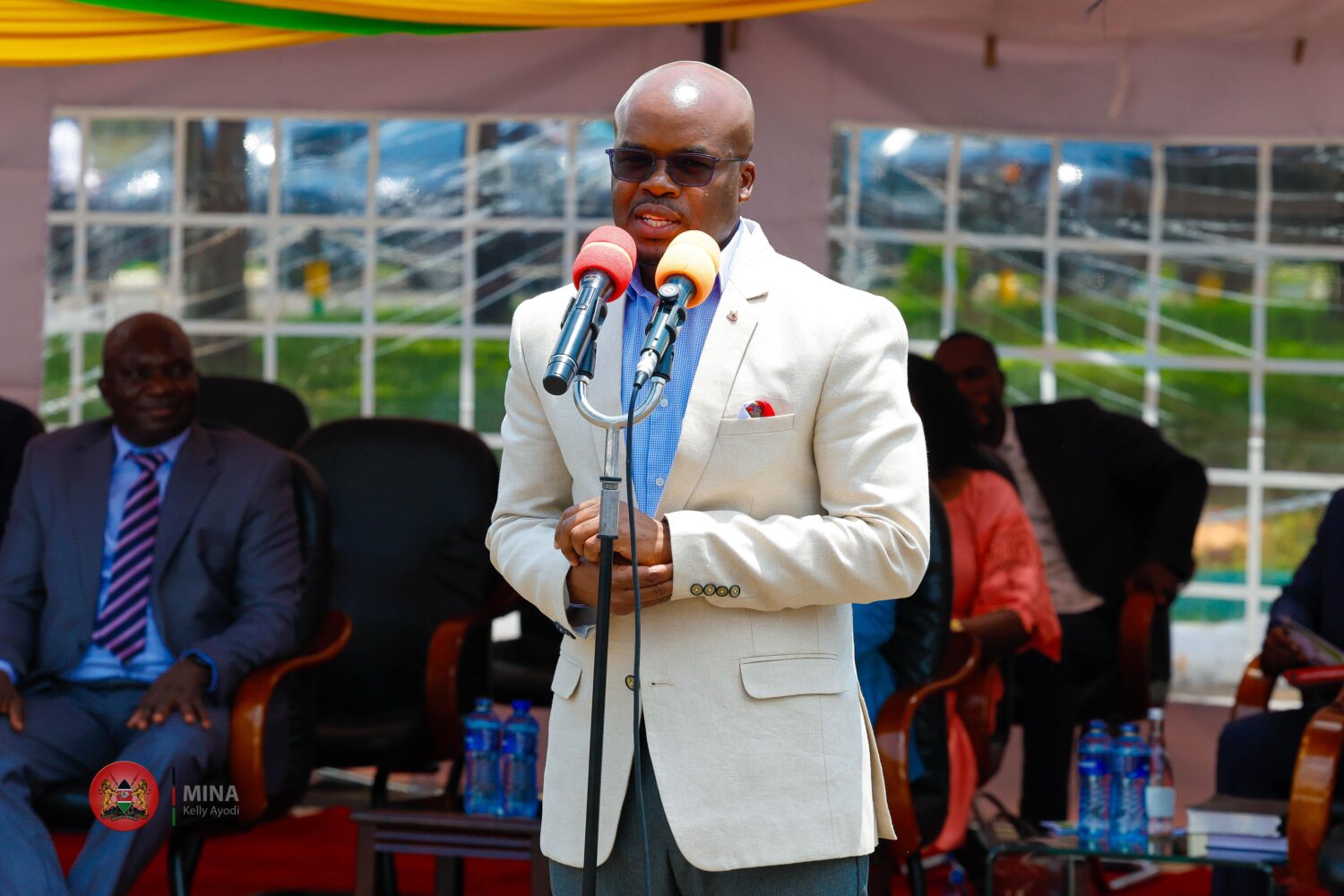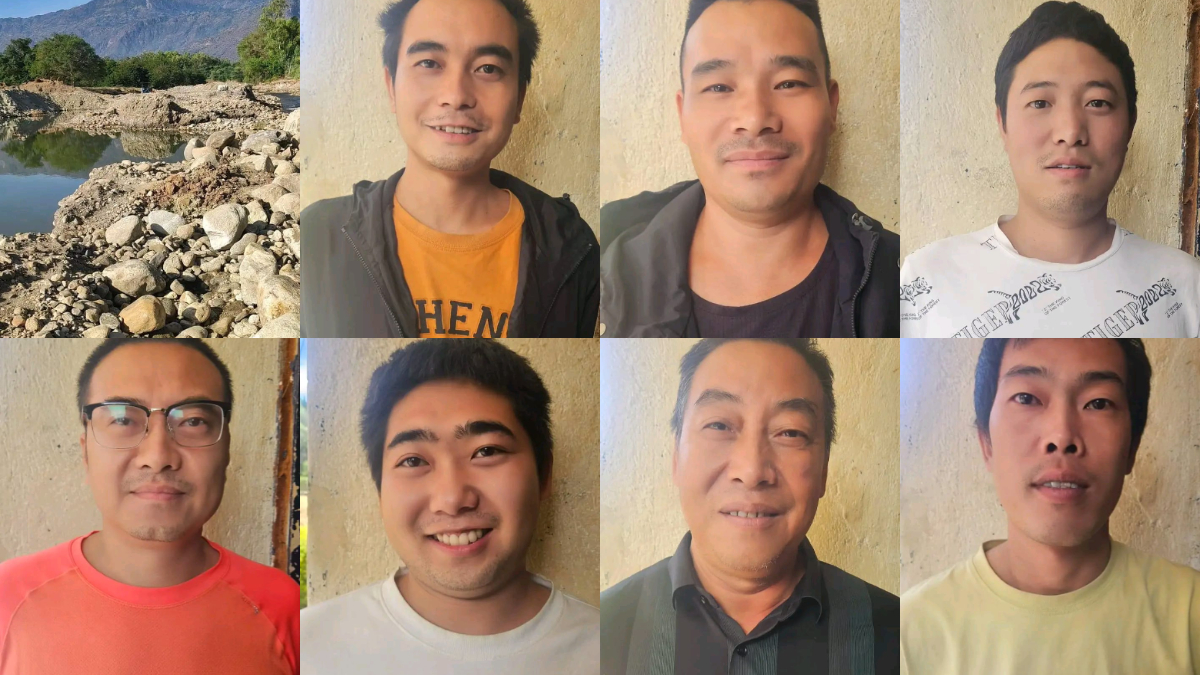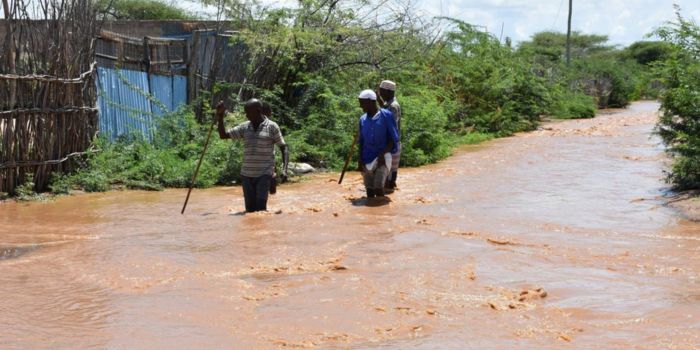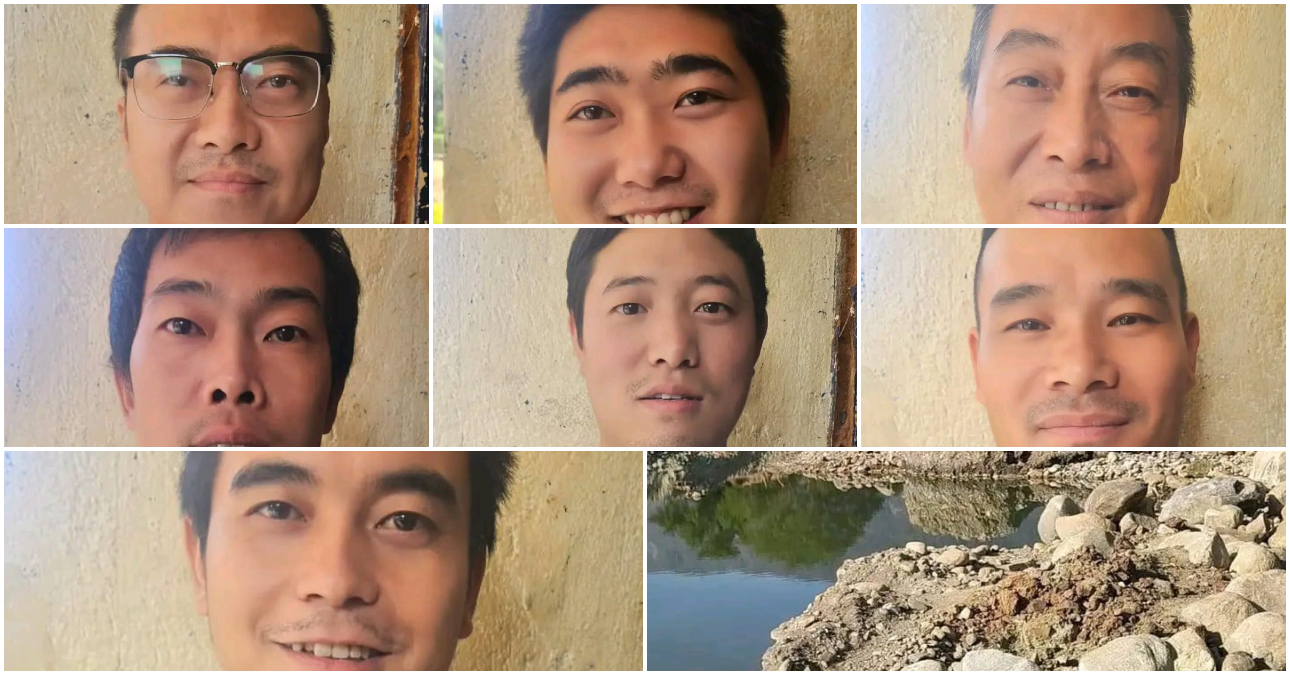Hon. Justice Bahati Mwamuye of the Milimani High Court in Nairobi has issued a directive that sends shockwaves through the ranks of Kenya’s security apparatus by ordering Police IG Douglas Kanja to personally present petitioners before the court.
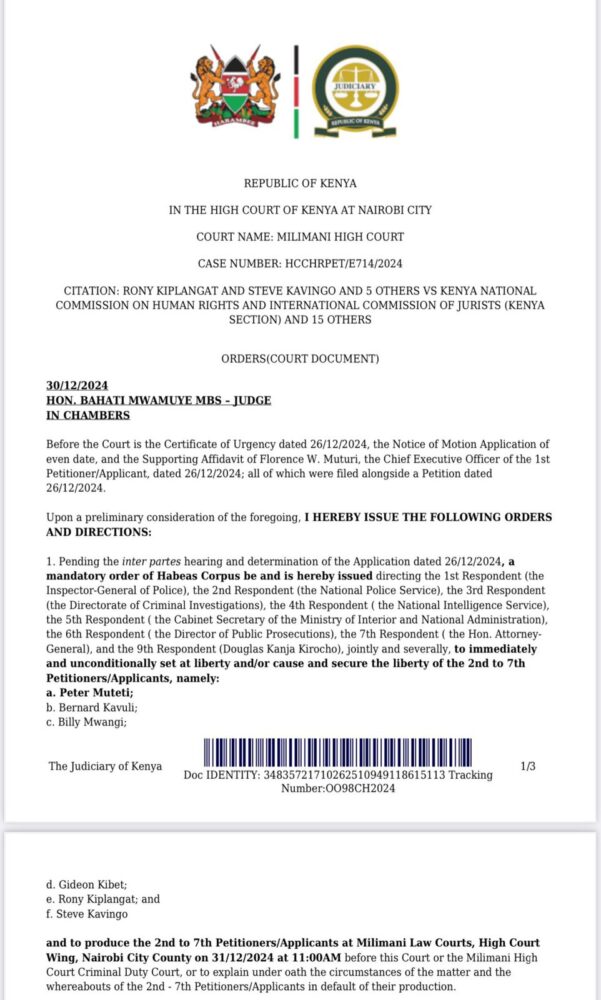
In a case that underscores the judiciary’s resolve to uphold constitutional rights, the High Court has ordered the personal appearance of Douglas Kanja Kirocho, the 9th Respondent and head of a major security agency, to ensure compliance with court directives regarding the alleged detention of six individuals.
Background of the Case
The petitioners, Rony Kiplagat, Steve Kavingo, Peter Muteti, Bernard Kavuli, Billy Mwangi, and Gideon Kibet, were reportedly detained under circumstances shrouded in mystery. The case, brought forth by the petitioners with the assistance of human rights organizations, accuses key state actors, including the Inspector-General of Police and the Director of Public Prosecutions, of unlawful arrest and detention.
Justice Mwamuye’s Bold Orders To Douglas Kanja
The court’s ruling on December 30, 2024, is a powerful affirmation of judicial oversight in matters of human rights. Justice Mwamuye issued a mandatory order of habeas corpus, compelling the immediate and unconditional release of the six petitioners. Further, the Judge directed that the detained individuals must be produced in person at the Milimani High Court on December 31, 2024, at 11:00 AM.
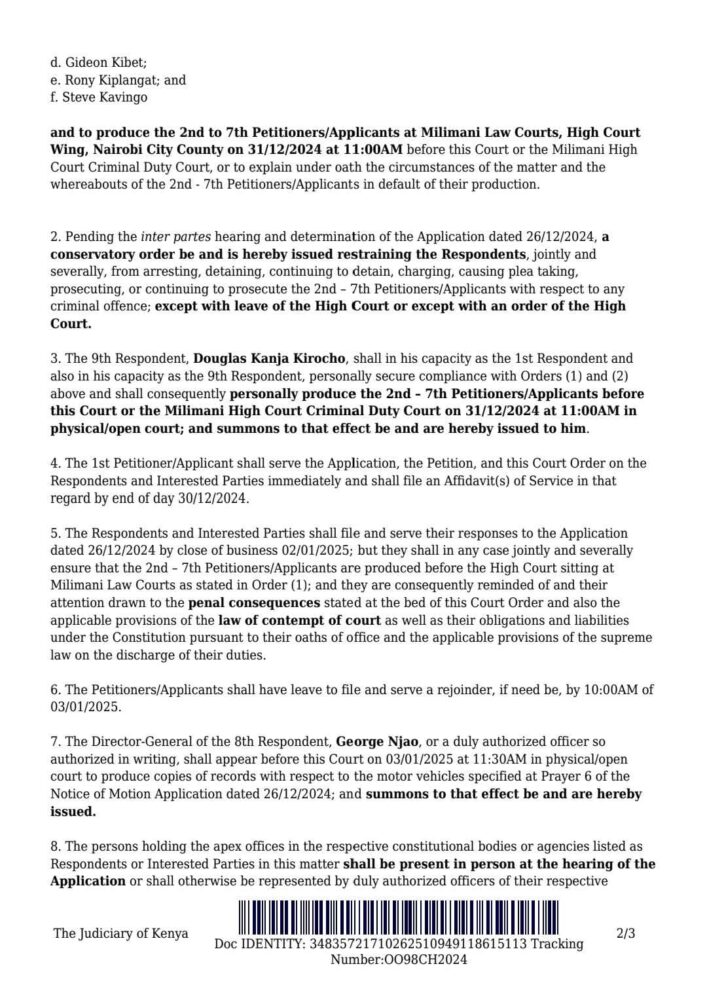
The court explicitly restrains the respondents from arresting, detaining, or prosecuting the petitioners without the court’s leave, emphasizing that any attempt to defy this directive will result in serious legal consequences, including potential contempt charges.
Personal Accountability: Douglas Kanja Kirocho Ordered to Appear
In an unprecedented move, Justice Mwamuye directed Douglas Kanja Kirocho, the 9th Respondent, to personally secure and present the petitioners before the court. This extraordinary directive highlights the court’s determination to ensure compliance and accountability from the highest levels of government.
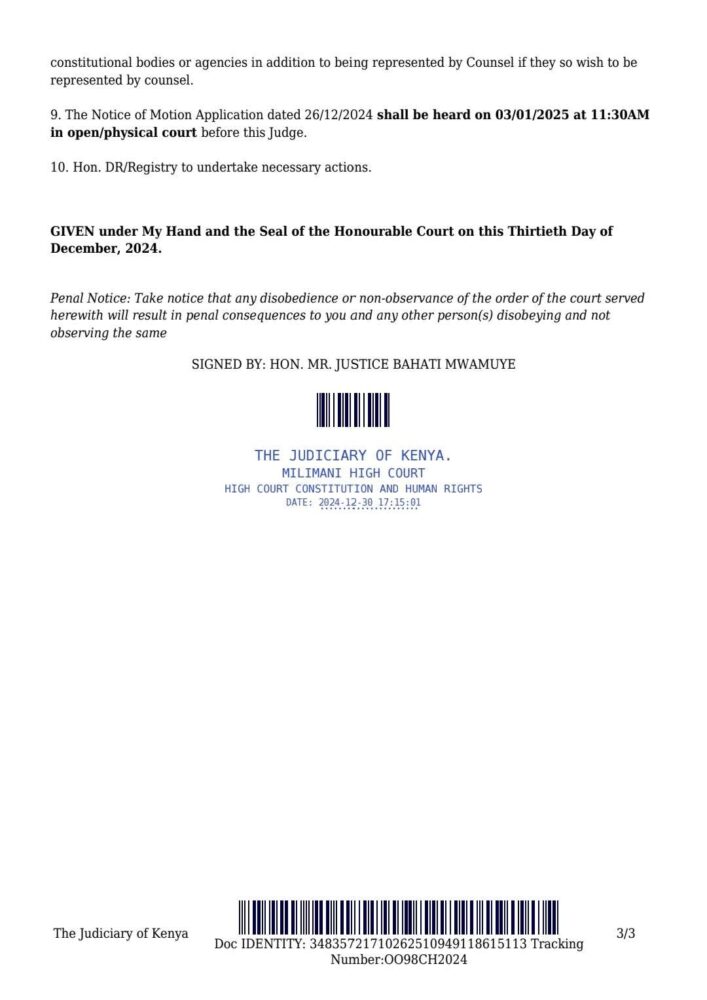
Failure to adhere to the court’s order would expose the respondents to severe legal repercussions under the law of contempt of court. The Judge also directed all parties to file their responses by January 2, 2025, and set the next hearing for January 3, 2025.
Implications for Human Rights and Rule of Law
This case is a critical test of Kenya’s commitment to upholding the constitution and protecting its citizens from arbitrary state action. By summoning a senior security official to personally ensure compliance, the judiciary has sent a strong message: no one is above the law.
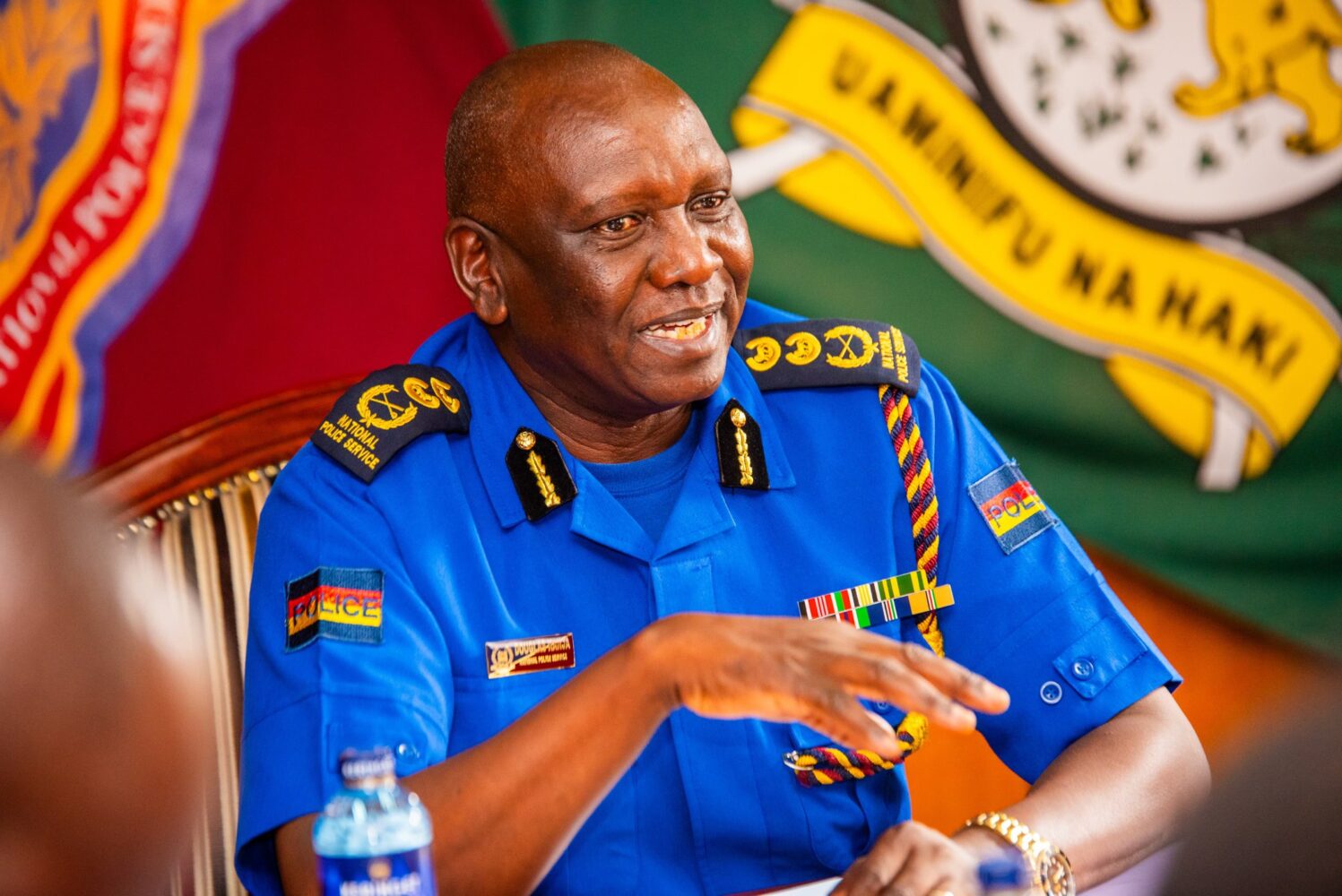
Legal experts and human rights advocates have lauded the ruling as a courageous step in safeguarding civil liberties. The directive places significant pressure on state institutions to adhere to constitutional principles and highlights the judiciary’s role as the guardian of fundamental rights.
Penal Consequences and Future Hearings
The court has explicitly warned of “penal consequences” for non-compliance with the order. As the drama unfolds, all eyes will be on the Milimani High Court on December 31, 2024, to witness whether the state will meet its constitutional obligations or face further legal scrutiny.
A Moment of Accountability
This ruling is more than a legal directive; it is a powerful reminder that justice will not be compromised. The judiciary’s insistence on personal accountability from high-ranking officials is a significant step toward ensuring that constitutional freedoms are not mere words but lived realities.
As Kenya awaits the next hearing, the country holds its breath, hoping this case sets a precedent for transparency, accountability, and the unwavering protection of human rights.


